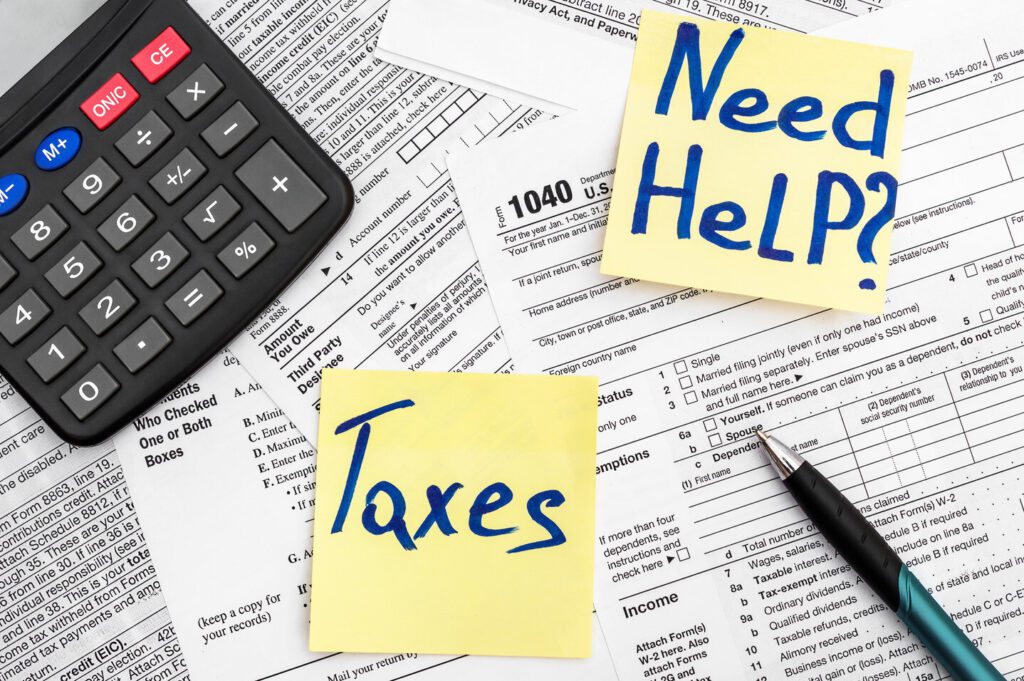Handling any unmanageable debt that you have can be a stressful and intimidating experience. In Canada, filing bankruptcy is one of the debt relief options available to individuals seeking relief from overwhelming financial commitments. Although it might seem like a straightforward pathway to a fresh financial future while allowing you to keep the essentials, it is not always so simple. While it does present an opportunity to eliminate most of your unsecured debts and allow you to rebuild your life, it cannot completely erase all of your debts so easily. Some Canadians wonder whether or not some debts can withstand the bankruptcy process. In this article, we explore the idea of debt survival in Canadian bankruptcy, and share further insights into how the process works so you have a better understanding. So, can your debt survive a bankruptcy in Canada?
How does bankruptcy work in Canada?
Before we consider how some debts may indeed survive a bankruptcy, let’s explore firstly how bankruptcy works in Canada. Bankruptcy is the legal process of assigning any non-exempt assets you may have over to your Licensed Insolvency Trustee in exchange for the clearance of most of your unsecured debts. It is intended to offer both individuals and entities with a fresh financial future when they are no longer able to meet their financial obligations as they become due. The bankruptcy process is governed by federal laws in Canada, and must be administered by a Licensed Insolvency Trustee – professionals who train extensively to provide financial counselling and debt management advice. In fact, Licensed Insolvency Trustees are the only professionals in Canada legally able to file all forms of debt relief, making them well placed to advise you on the best option for your financial circumstances.
Which debts can be discharged in bankruptcy?
In Canadian bankruptcies, most unsecured debts can be discharged. This means you are no longer legally obliged to repay them. Examples of debts that can be discharged during bankruptcy include the following:
- Credit card debt
- Payday loans
- Tax debt
- Personal loans
- Medical bills
- Utility bills, including gas and electricity
- Overdrafts
Learn more in debts that are covered by bankruptcy.
Can your debt survive a bankruptcy in Canada?
Any debts that are owed on the date you file bankruptcy will be included in your bankruptcy. Bankruptcy cannot cover all debts, however. Discharging some debts would be unfair to creditors, and not in the public interest. The following debts will not be discharged in a bankruptcy in Canada:
- Secured debts – any debts secured by collateral, including mortgages and car loans
- Student loan debts less than seven years old, unless you can demonstrate financial hardship
- Spousal support payments
- Child support payments
- Fraudulent debts
- Court fines and penalties
- Restitution orders
- Alimony
- Secured liens on property
- Some gambling debts
Can you be denied bankruptcy in Canada?
There are some circumstances where you may be denied bankruptcy in Canada. As the bankruptcy process is governed by the Bankruptcy and Insolvency Act, there are some conditions that must be met when filing. These include the following:
- The minimum debt threshold is not met. This could mean you are better suited to an alternative option, like a consumer proposal. At Spergel, our Licensed Insolvency Trustees will review your financial circumstances and advise you on the best options available to you.
- Failing to complete credit counselling. Individuals are required to attend two credit counselling sessions, and so your bankruptcy may be denied if you fail to complete the sessions.
- Dishonest or fraudulent conduct. If you hide assets or share false information with your Licensed Insolvency Trustee, your bankruptcy could be denied. The behaviour will also be investigated.
- A previous bankruptcy discharge. If you have previously been discharged from bankruptcy, you could face restrictions on when you can file for bankruptcy again. These restrictions are indicated in the Bankruptcy and Insolvency Act.
- Ineligible debts. Certain types of debt will survive a bankruptcy, including student loans that are under seven years old. If your debt is primarily this kind of debt, bankruptcy might not be the best form of debt relief for you.
- Not meeting residency requirements. In order to file bankruptcy in Canada, you need to meet residency requirements, otherwise you will not be able to file.
- Engaging in income earning activities. If you earn income from a channel other than the employment you have informed your Licensed Insolvency Trustee of, or if you have property that could be used to repay your debts and you refuse to use it to repay your creditors, your bankruptcy may be denied.
Bankruptcy should be a last resort once other debt relief alternatives have been considered. If there are appropriate bankruptcy alternatives, your Licensed Insolvency Trustee will encourage you to pursue these options instead. You should work with a reputable Licensed Insolvency Trustee to assess your financial situation and determine the right path of debt relief for you. They can provide guidance, assess your eligibility, and help you to navigate the bankruptcy process. Unlike other bankruptcy firms, at Spergel, you will be assigned your very own Licensed Insolvency Trustee to walk you through your journey to debt relief, instead of being passed from person to person.
How long does bankruptcy affect you in Canada?
Although typically a first time bankruptcy will mean your debts are discharged in less than a year, the effects of bankruptcy can last much longer. In fact, both of Canada’s primary credit bureaus – Equifax and TransUnion – will only remove a bankruptcy from your credit report 6 years after the date you are discharged from bankruptcy. In Newfoundland and Labrador, TransUnion will only remove bankruptcy from your credit report 7 years after discharge.
Do you lose everything in a bankruptcy?
Contrary to popular belief, filing bankruptcy does not mean that you lose everything. The purpose of bankruptcy is to offer a fresh financial start, not to take away everything that you own. Leaving you with nothing would be deconstructive. Each province in Canada has legislation that protects certain assets, including some of your property’s value, your belongings, and a vehicle. See, for example, Ontario bankruptcy exemptions. You should, however, you be prepared to surrender some of your possessions and some of your income to go towards the repayment of your creditors.
Further questions on ‘can your debt survive a bankruptcy in Canada?’ If you are struggling with your debts and are considering filing bankruptcy, book a free consultation with a Licensed Insolvency Trustee at Spergel. We can offer the guidance and support you need, tailored to your circumstances. We will also help you to navigate the complexities of the Canadian bankruptcy system, and help you to understand which of your debts can be cleared.



















